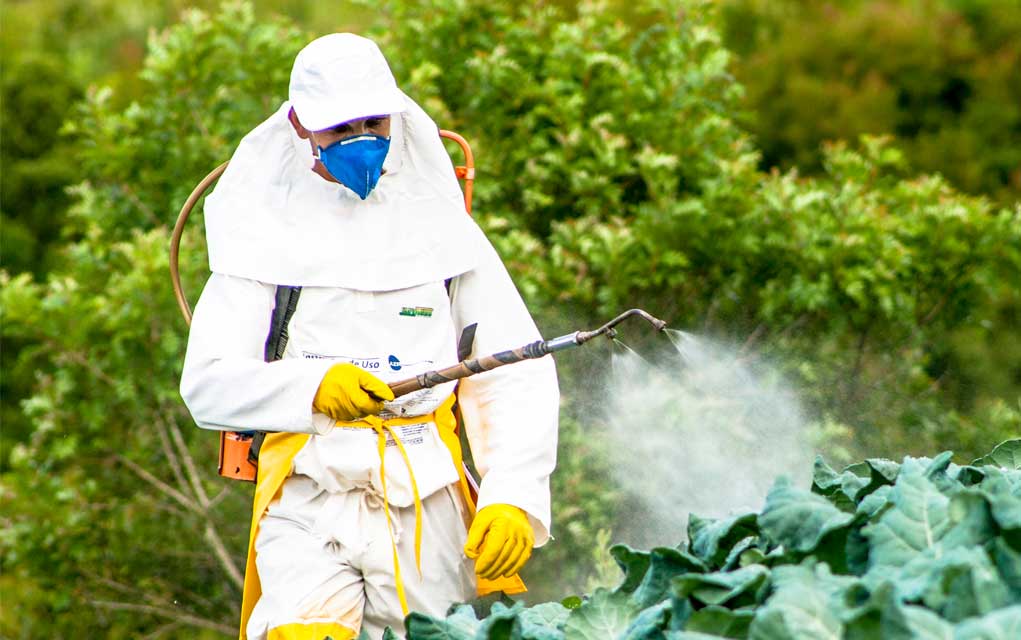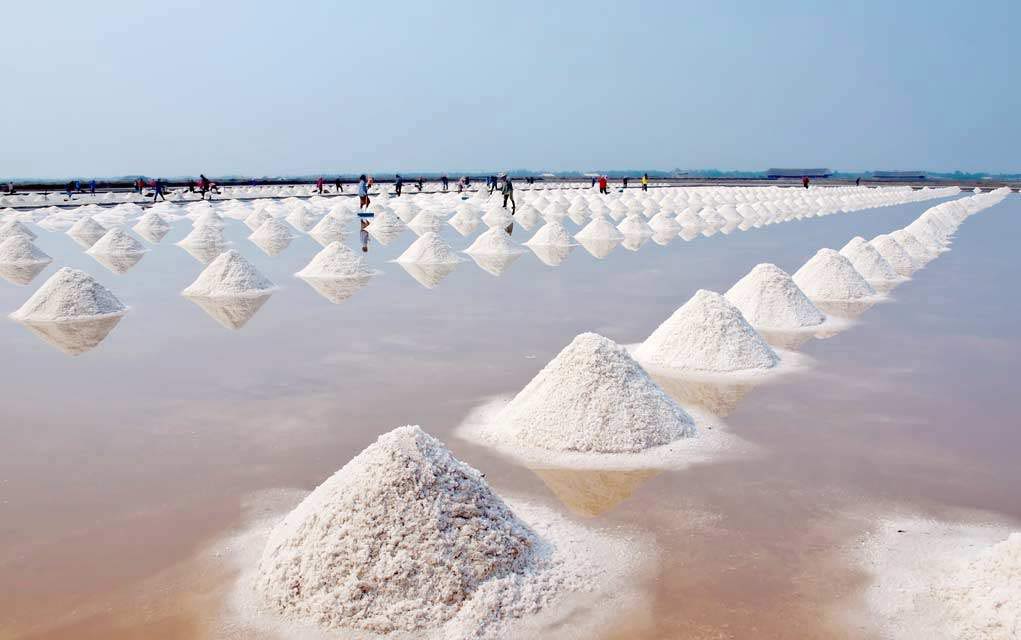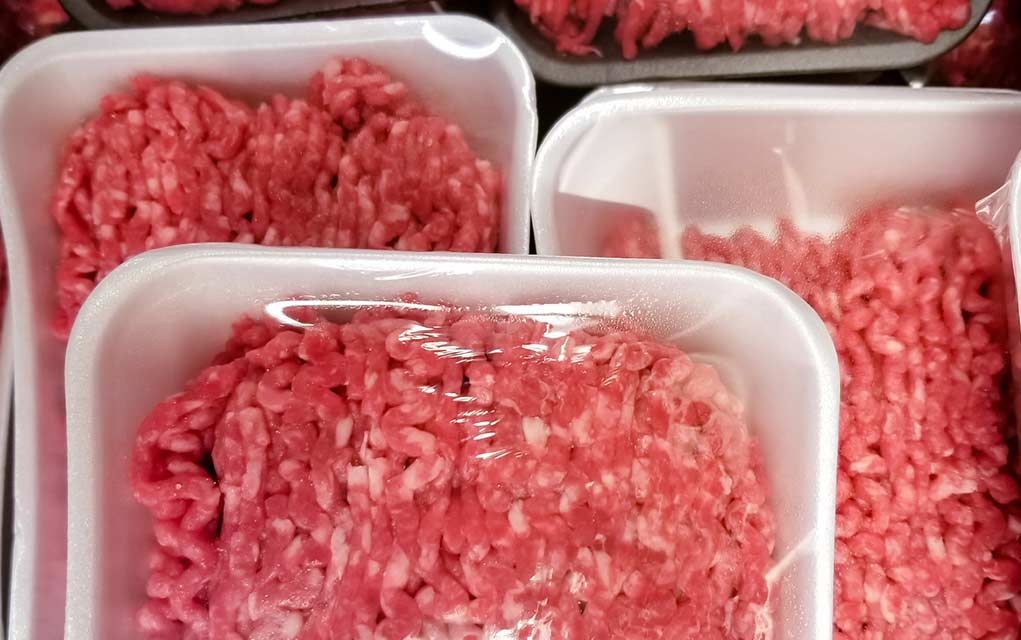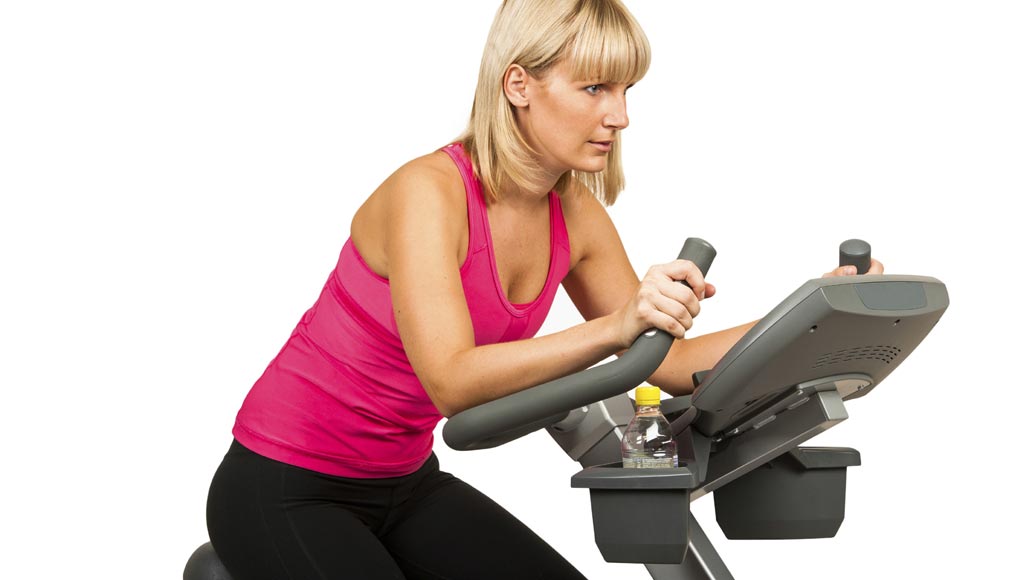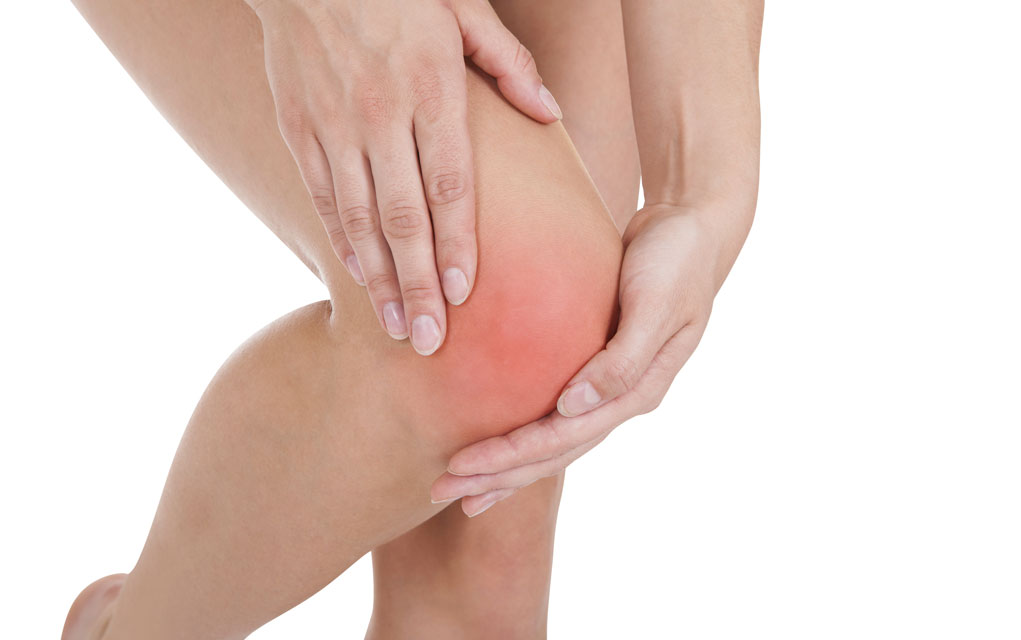
I’m Not That Old, Why Do My Knees Hurt So Much?
(WellnessPursuits.com) We know that an active lifestyle is the foundation of cardiovascular health, weight control, and mental acuity, but it can take a real toll on your knees.
We often forget that the benefits of strenuous exercise often come with the price of structural pain. Your blood pressure can be ideal, your weight can be optimal, but you can find yourself quickly crippled if you live by the mantra “no pain, no gain.”
We’re able to move around with the help of a complex system of levers, pulleys, and weights (bones, ligaments, muscles). But our upright posture means serious stress on the joints. We don’t usually think about them until something goes wrong.
“The mere act of walking puts 150% of your body weight on the joint, its ligaments and tendons.”
A set of tennis, a short jog, or day of gardening even puts enormous stress on your knees. Only four short ligaments hold your knee together, and when those ligaments break down, you’re going to know it. The key to avoiding serious immobility is what you do after you feel the warning signs.
There’s a reason that your neighborhood sporting goods store offers a full line of knee wraps and ice packs: knee pain.
Knee pain comes in a variety of symptoms, and none of them are any fun. If you have transient, off-and-on pain, a dull ache, a stabbing pain, or a sensation of instability or popping, your body is sending you the proverbial message: “Give it a rest… or we’ll just quit.”
So here’s the message: If you don’t treat your knees with great care, they can turn your entire once healthy body into an immovable mass at any age.
Your knee is a vital part of your anatomy. In fact, your overall health and mobility can literally depend upon its function, so if it hurts:
1. Don’t just shrug it off and ignore it.
2. Any pain in your knee during movement is a warning that something is amiss.
If after ice, wraps and rest, it still hurts, don’t ignore it. You cannot just jump back into your regular routine without putting your knees at serious risk.
3. The key is to start back very slowly and see if you can rehabilitate them yourself.
Use this list to help with rehabilitation:
- Glucosamine, chondroitin and collagen supplements can help speed up healing. Bone broth is also considered one of the best joint lubricants you can add to your diet.
- Any bending exercise you do should be slow and controlled by holding onto something solid at the same time. Start with a knee wrap and do not proceed if it hurts.
- If your knee continues to feel unstable and hurts after a couple of weeks of taking it easy, it’s time to see your doctor.
Copyright 2025, WellnessPursuits.com








